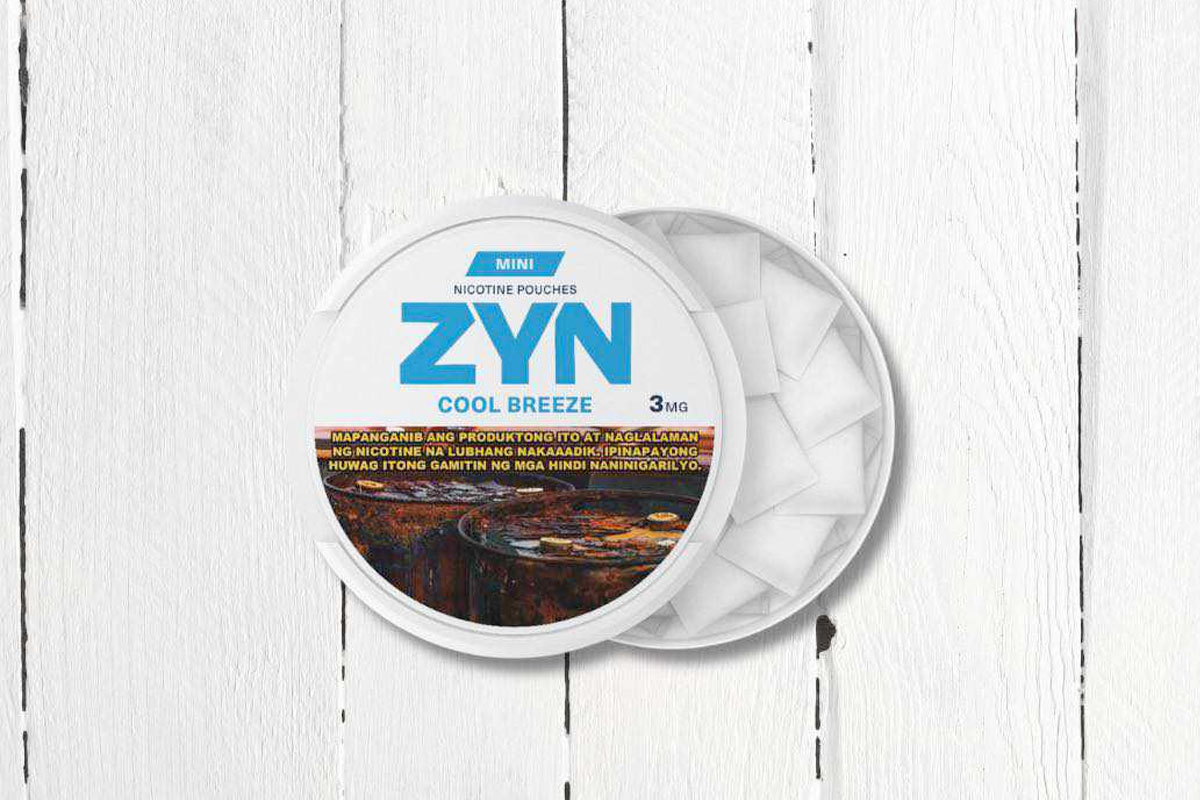
Zyn nicotine pouches help Americans quit smoking—FDA official
THE surging popularity of Zyn nicotine pouches as alternatives to cigarettes highlights the merits of tobacco harm reduction as it is encouraging more American smokers to quit cigarettes, according to a former high-ranking official of the US Food and Drug Administration (FDA).
Dr. Scott Gottlieb, an American doctor and former commissioner of the FDA said the absence of combustion and smoke in products like nicotine pouches make it a beneficial alternative to combustible tobacco products that produce smoke, which is the primary cause of smoking-related deaths and diseases, and not nicotine.
While nicotine is not a completely safe substance, it isn’t what causes death and disease but the smoke from burning tobacco, Dr. Gottlieb said in an interview over CNBC where he is a medical resource person.
Dr. Gottlieb said adult smokers could experience health improvements by transitioning to modified-risk products such as Zyn nicotine pouches.
“If we can convert more currently addicted adult smokers onto these modified risk products that don’t have all the harms associated with combustion, we can achieve a substantial net public health benefit,” he said.
Zyn nicotine pouches have outpaced the sales of other oral nicotine brands in just a few months, with social media influencers extolling their benefits as an alternative to smoking. Branded as the next smokeless innovation, it contains nicotine within a permeable wrapper absorbed through the gums and mouth lining, offering a longer-lasting effect compared to smoking burning cigarettes, which produce toxic smoke.
Other experts consider tobacco harm reduction (THR) as a scientific, evidence-based public health strategy that can help millions of smokers transition away from smoking. They believe that increasing access to and acceptance of modified risk products could help mitigate the death and disease burden associated with cigarette smoking, pointing to countries like Sweden, the United Kingdom, and Japan, which have seen significant success with THR.
According to Dr. Gottlieb, 28 million Americans still smoke cigarettes. “While rates of smoking have come down in recent years, the rate of reduction has slowed down. And the way we’re going to make substantial inroads in reducing those numbers even further is trying to offer adult smokers products that don’t pose the same risks as cigarettes,” he said.
Prof. David Sweanor, an adjunct law professor at the University of Ottawa and a leading harm reduction advocate, confirmed that many smokers have transitioned to harm reduction products such as vapes, heated tobacco, and nicotine pouches from traditional combustible cigarettes.
“A fascinating aspect of the rapid transformation of the market is that Zyn is now a bigger seller than Copenhagen, Grizzly and Skoal,” said Prof. Sweanor, referring to other smokeless tobacco brands. “Those have long been the big brands in smokeless tobacco. That Zyn now has higher unit sales than any of them shows how dynamic this formerly staid market has become,” he added.
Social media has played a significant role in the popularity of Zyn nicotine pouches in the US, sparking ongoing debates about oversight on these products on Capitol Hill.
Dr. Gottleib said these products being marketed to adult smokers could serve as a transitional product away from smoking, but that proper regulation is key.
He said that as “a relatively new phenomenon by some self-winding people on social media,” social media platforms such as Facebook, Instagram, Twitter, Snapchat, Youtube and Tiktok could also be doing more by stepping in to police inappropriate advertising in their marketplace.
“There are currently 600,000 applications pending with FDA for different tobacco products. I would be prioritizing some of these modified-risk tobacco products to get them approved… to make sure the positioning in the marketplace is appropriate…,” he said.

























